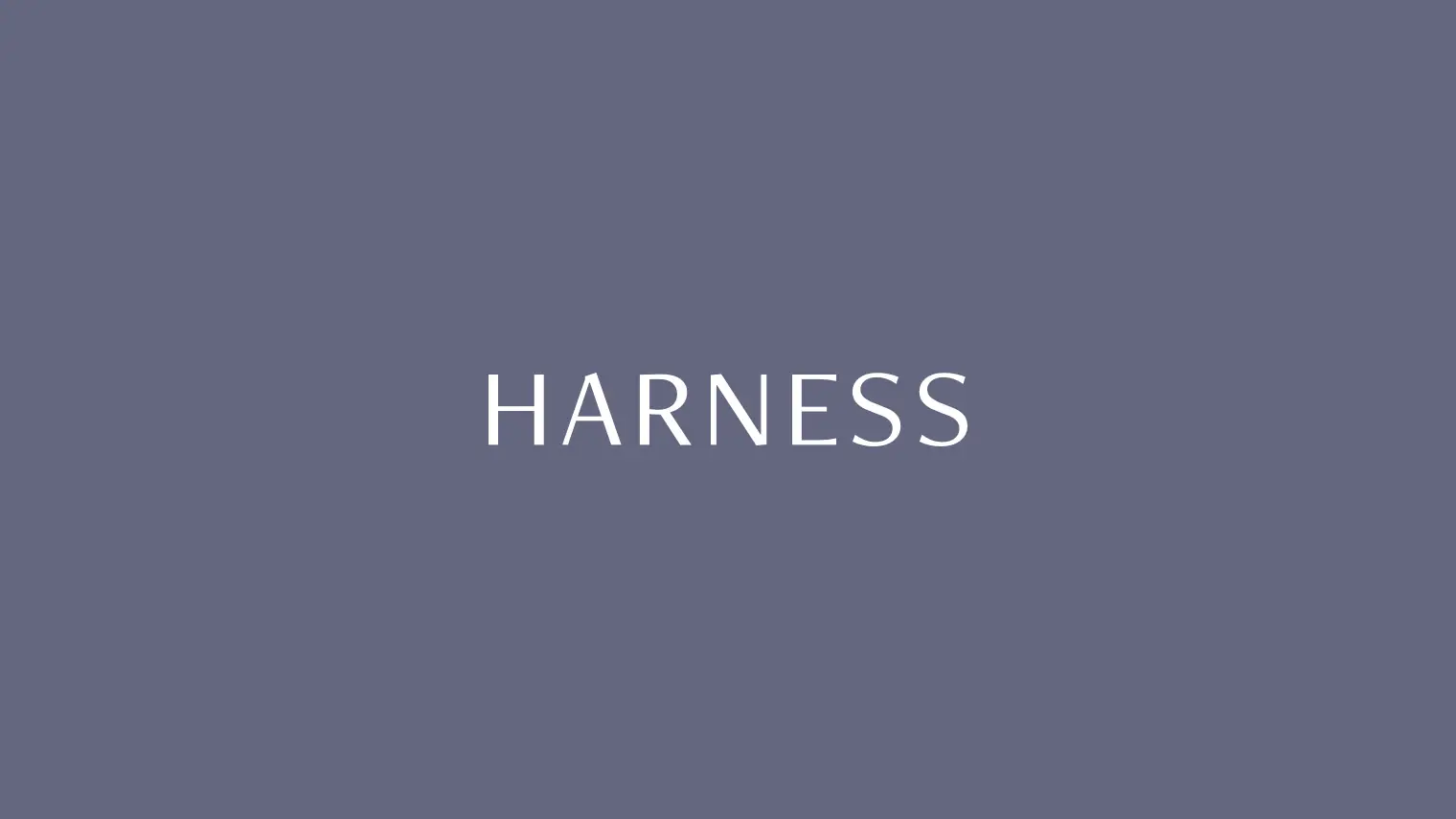Our culture is obsessed with romance. So much so, there are people who specialize in romantic relationships as a career. And of course, there are also a ton of those classic reality T.V shows all about it (I’m personally a sucker when it comes to the Bachelor and Love is Blind). Not to mention, a ton of studies have been conducted on it—one of them even concluded that 67.3% of the top 40 hits from the 1960s to the 2000s featured love as their main theme!
You see and hear talk about romantic relationships all the time. But what about friendships? They’re just as important as romantic ones, but they are the least talked about. They’re not talked about nearly enough, even though they should be. Which brings me to the topic of obligatory friendships.
This type of friendship here isn’t really a term that gets thrown around very often (if at all), say in comparison to words like “toxic friendship,” “acquaintance,” and “best friend” when it comes to this topic. Even I had never heard of this term or what it meant up until recently when I was in the process of reevaluating the friendships in my own life. But once I learned what it was, I realized I was in one myself.
And I want to talk more about it here, because chances are, you might be in one and not even realize it.
So what exactly is an obligatory friendship?
It’s a type of friendship where you feel like you have to be friends (hence the name obligatory) with a person, and you feel a lot of guilt if you stop being friends with them, so you keep up with the friendship, which can turn into a nasty and vicious cycle that is hard to break. The problem here with this type of friendship is it’s just not genuine. It might feel like a harmless thing at first, but you are essentially leading the other person on by making them think you are truly invested in friendship when you aren’t.
It can be hard to realize if you’re in one or not, but it’s important to recognize if you are in one. Otherwise, it’s just a disservice to both yourself and the other person. And my advice for this? Is to take a step back and evaluate the friendships in your life with these 8 questions:
1. Why are you friends with this person? In other words, what is your reason for still being in this friendship?
It could be because this person challenges you in a good way, it could be that you really love how you could do x,y,z with them, or it could be that you like x,y,z traits about them. Whatever these reasons are, you should be able to figure out at least a couple easily. If you’re having a hard time figuring out why you are still friends with this person, it may indicate an obligatory friendship.
2. Do you feel like you have a lot in common?
You don’t need to have every single thing in the world in common with this person, but you should at least have a couple of things in common. Having a shared group of common interests is an important foundation for any friendship, so if you don’t really have much in common, it may be a sign you have grown apart—in which case the friendship is most likely obligatory if you’re still spending time with this person despite your interests growing different.
3. Do you feel like you have to force things when you see this person?
Things should feel natural and easy with this person, and you should most definitely not feel like you are pretending to enjoy spending time with them.
4. How do you feel when you have plans with this person (excited or dreadful)?
You guessed it. If you find yourself feeling a sense of dread over plans you’ve made with this person, that is also a major red flag. Think about why you agreed to make plans in the first place. If your reasoning was because “you felt bad if you didn’t,” it might be the guilt talking—meaning it’s a yes out of obligation.
5. Imagine if you weren’t friends with this person anymore. How does it make you feel?
If the thought of that brings you a sense of relief here, this may be a sign of an obligatory friendship. Keeping up with this type of friendship can be a pretty heavy thing to carry around on your shoulders when you’re constantly pouring into a person that you may not have that connection with anymore.
6. How do you feel after spending time with this person?
Feeling drained is a thing that can happen often with an obligatory friendship. And the reason for that is pretty self-explanatory—if you’re pushing yourself to spend time with that person, it’s naturally going to take a lot more energy than it would in a non-obligatory friendship.
7. Take a closer look at the intentions behind your actions in the friendship (reaching out to them, making plans, giving gifts, etc..). What do they look like?
In other words, when it comes to doing the basic things a typical friend does (texting or calling to catch up, planning hangouts, giving presents, etc…) Are you doing this because you genuinely want to? Or because you feel the need to continue to be a good friend? Again, back to the name of this type of friendship—you shouldn’t have to feel obligated to be a good friend, you should be able to be one without forcing it.
8. And most importantly, what is your gut intuition telling you about this person?
You don’t get a strong gut feeling (good or bad) about things for no reason, and oftentimes, your gut intuition is a lot more accurate than you think it is. Of course, always make sure to put some thought into it in addition to your gut instinct, but do not ignore what your gut is telling you (especially if it’s a bad one!).
What to Do if You Realize You Are in One
First things first: You should never feel like you have to be friends with someone. You might be thinking that you should because you’ve known them for so long or for the sake of the other person, but that’s most likely the guilt talking. Guilt can be a dangerous thing, and it can push you to keep up with a friendship without the realization that the friendship has run its course.
If you feel like you’re in one, it may be time to reevaluate the friendship. After all, think about it from the flip side. Would you want someone to feel obligated to be friends with you? If you’re like most people, you’d probably say no. You deserve better and so does the other person.
My best piece of advice is to be honest and let go of the friendship. I know, it’s a lot easier said than done, but if this person truly values you, they’ll understand. Breaking up with a friend is a whole other topic, but I’ll leave you with one more piece of advice: The worst thing you could do is stay in a friendship for the sole purpose of how long you’ve known them. History itself is not a good enough reason to continue a friendship.





